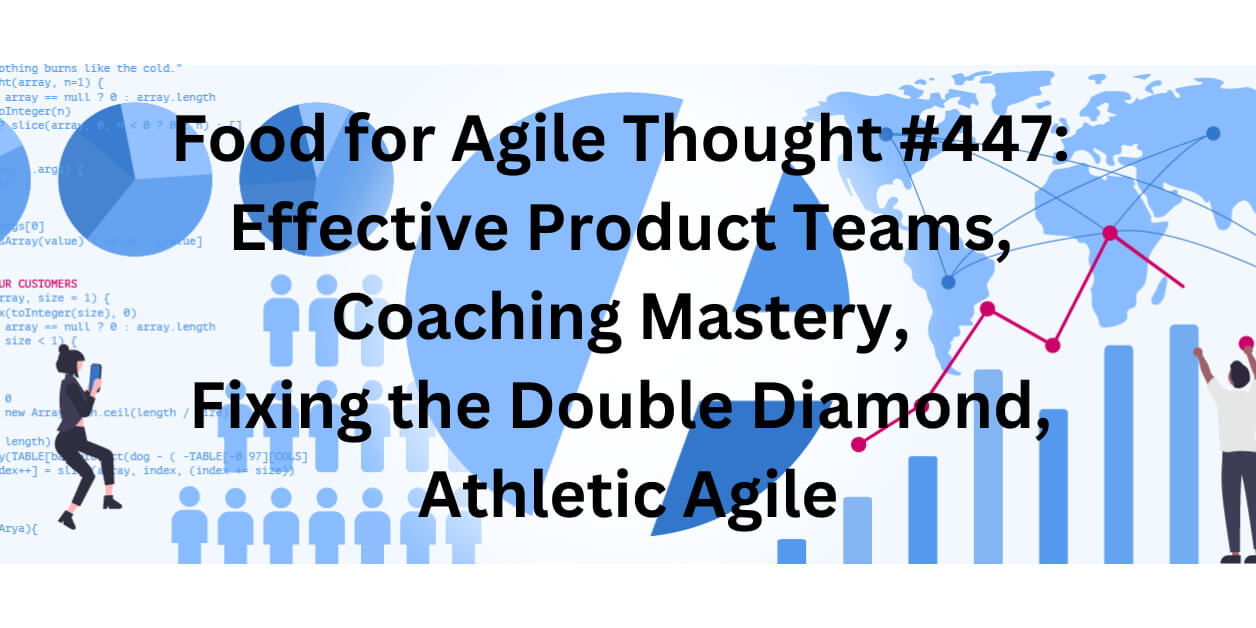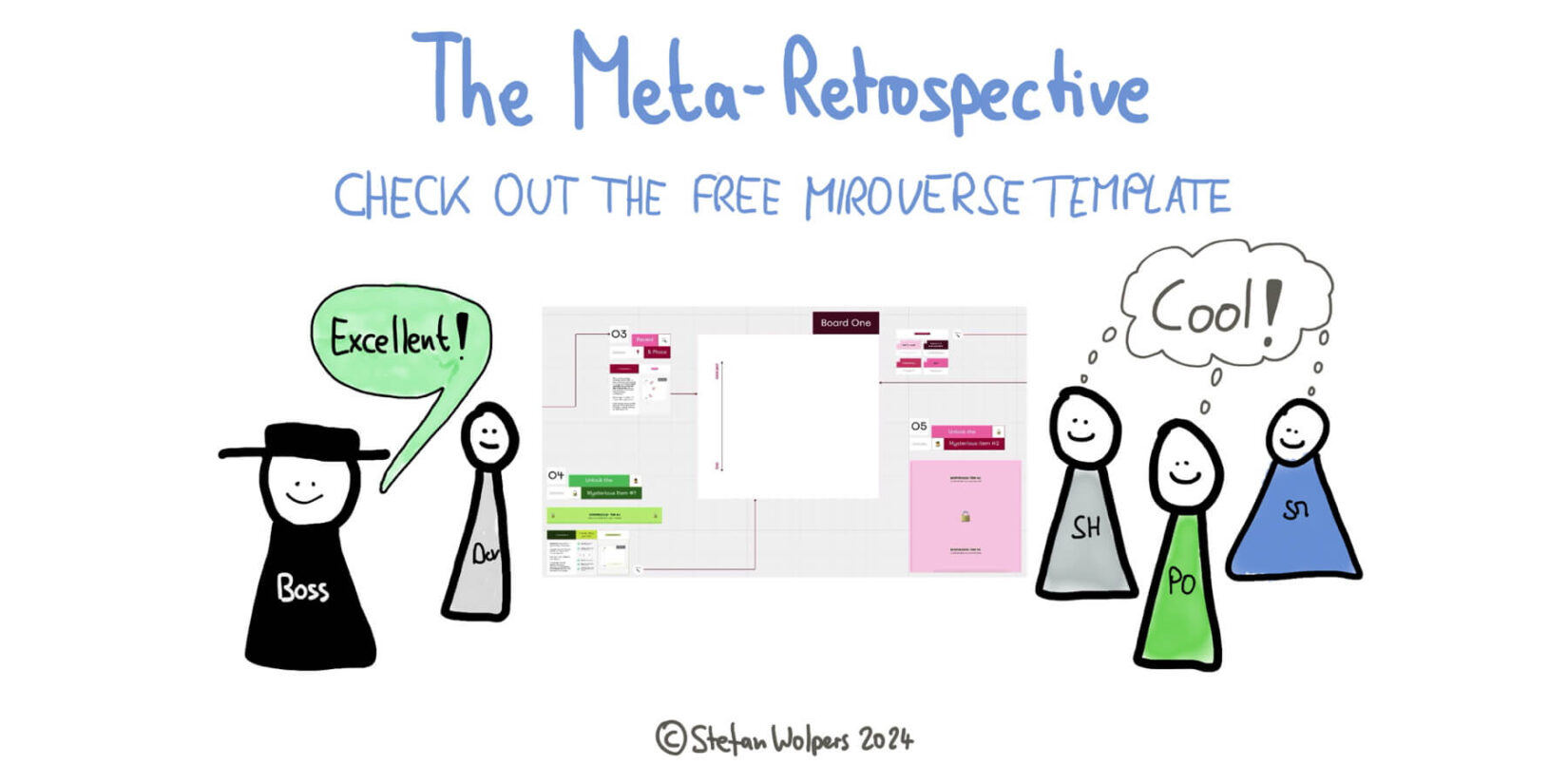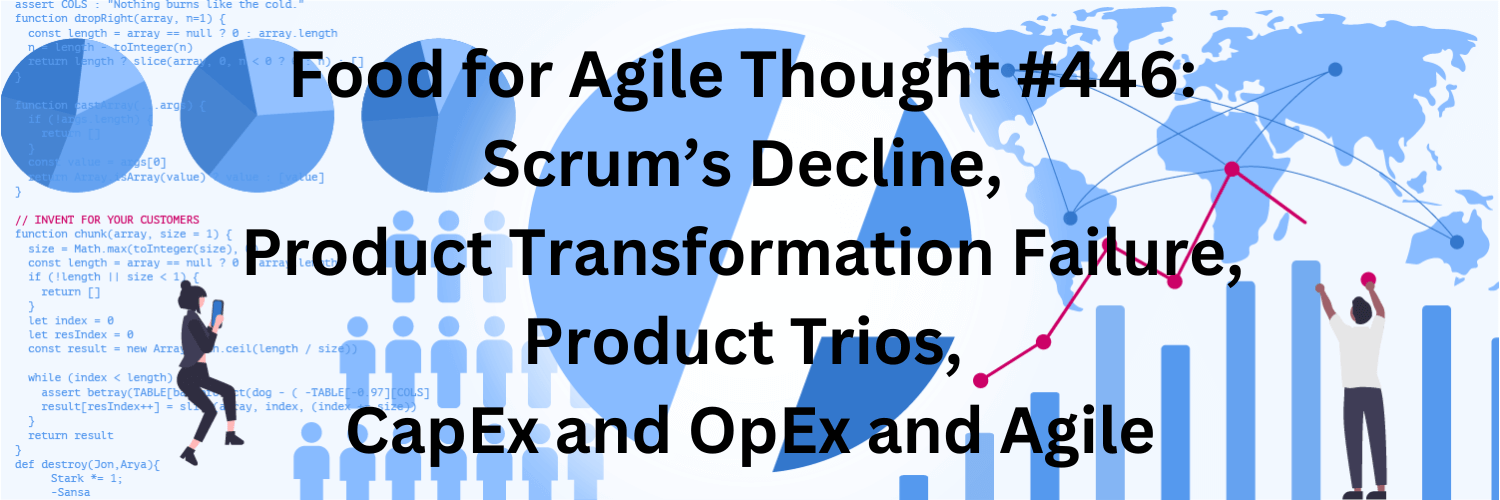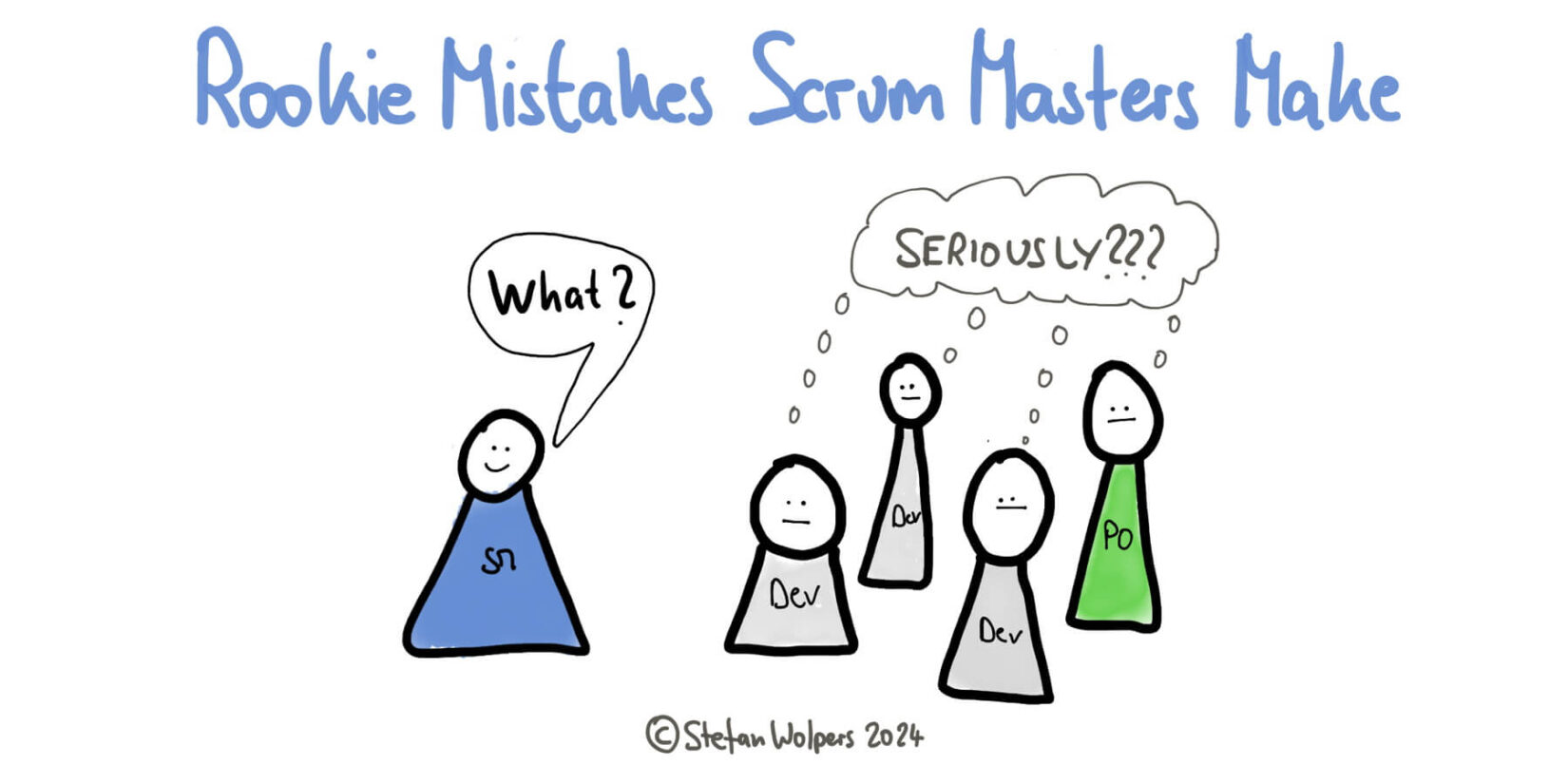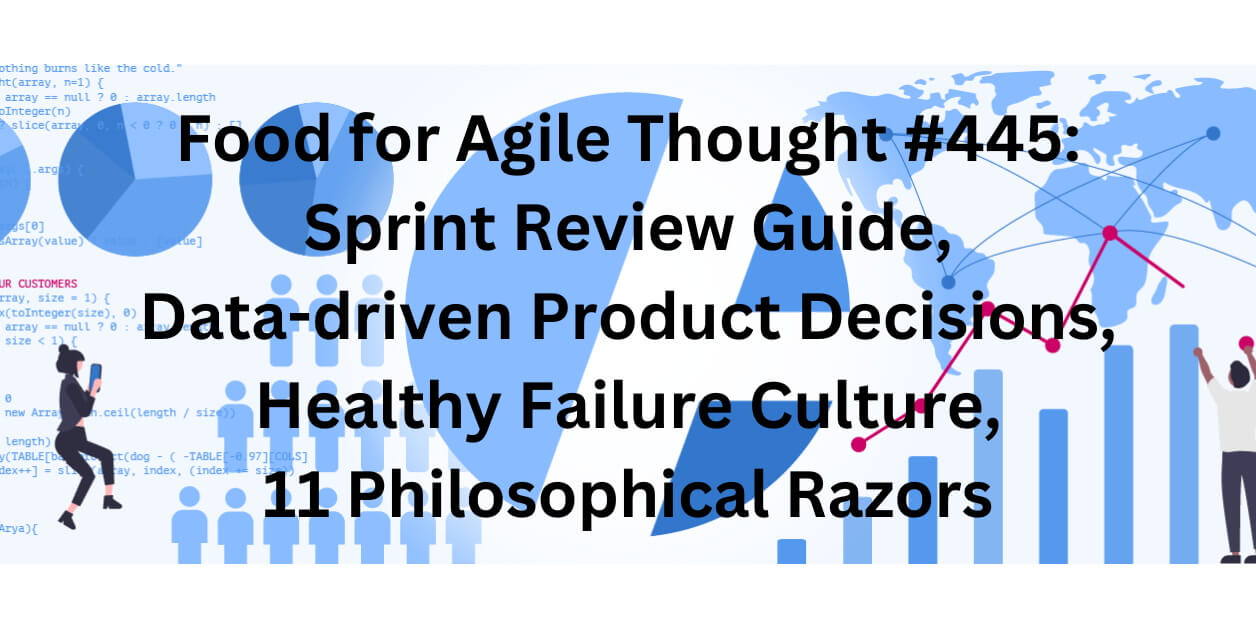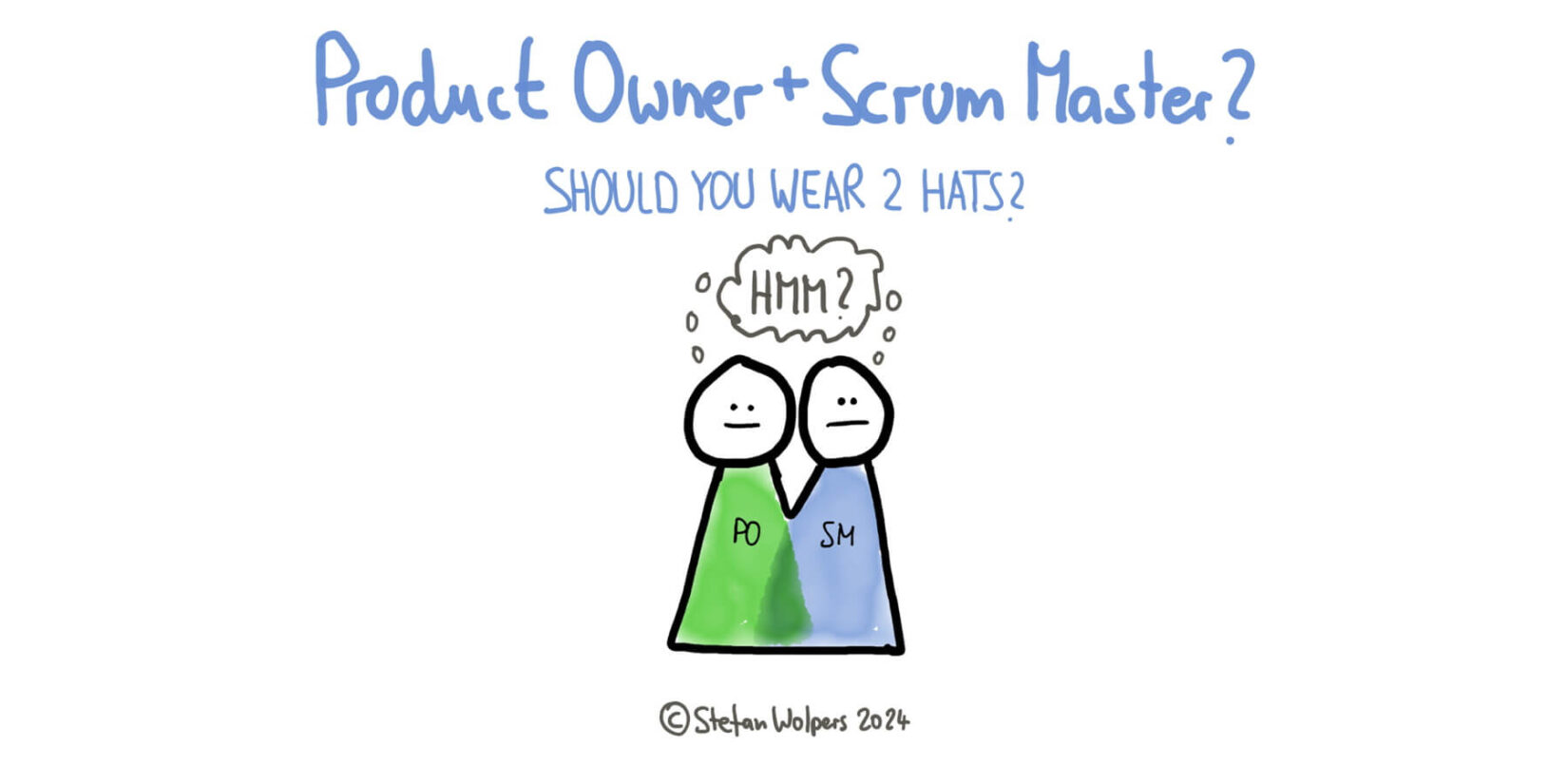TL; DR: Effective Product Teams, Coaching Mastery — Food for Agile Thought #447
Welcome to the 447th edition of the Food for Agile Thought newsletter, shared with 42,561 peers. This week, John Cutler explores how effective product teams prioritize customer interactions, data-driven decisions, and collaboration over estimations and internal requests. Shreyas Doshi clarifies that mastery-level coaching focuses on self-awareness and transformative leadership, and Sjoerd Nijland shares strategies for transforming teams through self-management and accountability. Also, Francis Laleman examines the crucial Scrum values that build trust and support empirical pillars, and Ari Tikka emphasizes creating a culture of Trust, Care, and Love for team success and psychological safety in diverse environments.
Next, Arne Kittler underscores the necessity of clarity for product managers, offering practical steps for vision, strategy, and priority alignment. At the same time, Lenny Rachitsky presents 27 examples of using the AI-powered search engine Perplexity to enhance growth strategies and market research, and Roman Pichler details a four-step process for adopting outcome-based product roadmaps. Moreover, Janna Bastow highlights the importance of feedback analysis and AI tools for transforming user interactions into strategic insights.
Lastly, Paweł Huryn critiques the Double Diamond of Design Thinking, suggesting a more flexible, iterative approach that separates discovery from delivery. Ivar Jacobson explores the evolution of use cases in Agile practices, emphasizing their complementarity with user stories, and Emily Webber introduces a framework for maintaining team memory and fostering connections in hybrid organizations through intentional communication. Finally, Gareth Edwards chronicles Don Estridge’s transformative journey in building the IBM PC, showcasing his rebellious approach that defied corporate norms.
